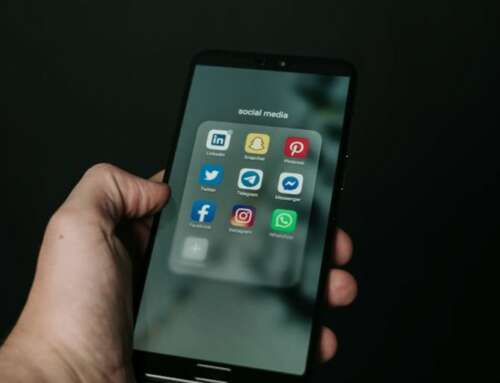Even before you download an app to help you meditate, or to manage your depression, it’s speaking to you. Apps’ marketing often implies that everyday stresses should be seen as mental health issues, and that you’re on your own (with the help of the app, of course) to fix whatever is wrong with you.
These messages kept turning up in the 61 apps that were reviewed in a recent study led by Lisa Parker of the University of Sydney. I spoke with her about what some of these messages are, and why they’re problematic.
You’re on Your Own
The mere existence of apps implies that you and the app can, together, solve your problems. That goes double if the app was recommended by your therapist or doctor.
But social support is hugely important – having a support network can help you manage your mental health better, and you might need professional help as well. The apps were largely silent on that, Parker says.
Meanwhile, the reasons you’re having mental health issues in the first place might have something to do with factors in your life you can’t fully control. There’s a fine line between focusing on what you have the power to control, and feeling bad that you haven’t managed to control things you can’t control.
You’re also on your own when it comes to determining whether the app is appropriate for you at all, but how are you supposed to know? For example, Pacifica states: “We give no representation or warranties about the accuracy, completeness, or suitability for any purpose [of our] advice.” So the responsibility is all on you. That’s a lot for someone who’s seeking help.
Not Everything Is a Mental Health Problem
We all have stresses and disappointments in our life. If you have a mental health issue, these stresses can exacerbate or trigger your symptoms – for example, a deadline can set off a panic attack or an afternoon of unfocused worrying. (Ask me how I know.) But that doesn’t mean that anyone who worries about a deadline has a mental illness.
Some apps reviewed in the study described mental health issues in terms of everyday problems, like feeling tired or irritated. Some implied that you had a problem if you weren’t happy and positive all the time. And others defined mental health problems in a way that included not achieving success in some area of life, like schoolwork or relationships.
None of these amount to symptoms of mental illness, except as part of a bigger picture. For example, if you’re so depressed you can’t do your homework, then sure, you’ll fall behind at school.
Constant talk about being “at risk of” mental illness is also potentially problematic. “I worry about that message,” says Parker, because it gives the impression that human beings are fragile. You’re not going to accidentally slip into mental illness just because you didn’t use an app.
– Beth Skwarecki
Read more: 5 Ways Mental Health Apps Are Messing With Our Heads
Image by Marvin Meyer from Unsplash








Leave A Comment